Nine Deakin University researchers will share in more than $4.1 million for new projects under the Australian Research Council’s (ARC) 2025 Discovery Early Career Researcher Award (DECRA) scheme.
Deakin’s successful three-year projects cover a range of important topics, including how refugees use technology to help them resettle; the harms of ultra-processed foods; aluminium recycling; and the economic impacts of bushfire smoke.
‘The ARC Discovery Program has an impressive track record in generating new knowledge that addresses a significant problem or gap,’ ARC Acting Chief Executive Officer, Dr Richard Johnson says.
‘As well as boosting Australia’s research and innovation capacity, DECRA projects result in new technologies and ideas, often leading to new jobs, economic growth, and ultimately an improved quality of life for Australians.’
The DECRA scheme provides focused research support for early career researchers in both teaching and research, and research-only positions.
Deakin’s successful 2025 DECRA recipients are:
Dr Sophie Adams, Alfred Deakin Institute for Citizenship and Globalisation (ADI)
Modelling the energy transition: the making of socio-technical futures – $390,296
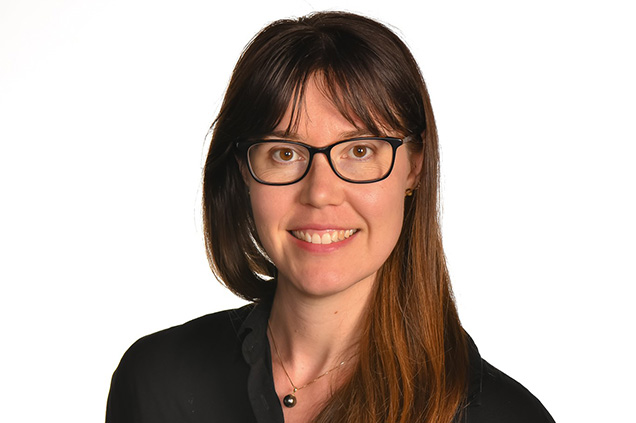
Dr Adams’ project aims to investigate how energy system planning and modelling processes are increasingly being used to guide the complex renewable energy transition underway in Australia. By drawing on theory and methods in the social sciences, the project will generate insight into the social implications of the alternative future pathways under consideration.
It aims to help achieve a smooth transition to a renewable, affordable and reliable power system by delivering recommendations to support decision-making and developing an innovative methodology to engage the public in deliberating the future of the energy system.
Dr Charishma Ratnam, ADI
Understanding how refugees use digital technologies during resettlement – $444,929
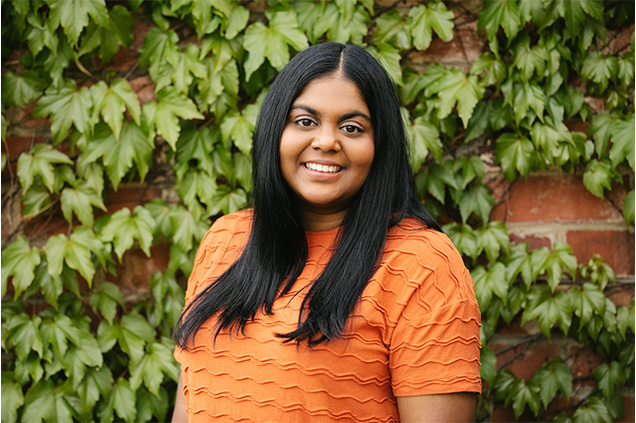
Dr Ratnam’s project aims to investigate how refugees use digital technologies to navigate resettlement in Australia. Taking the case of Sri Lankan refugees and integrating robust digital and ethnographic methods, her project will generate new knowledge on how refugees use smartphones and digital applications to address their material and social needs to successfully resettle.
Dr Ratnam hopes to deliver an empirical evidence-base about refugees’ everyday digital practices, and advanced research capacity in digital migration and refugee studies. The project will provide important guidance for service providers on how digital technologies can be integrated into programs to improve the resettlement outcomes of refugees in Australia.
Dr Anne Aulsebrook, Faculty of Science, Engineering and Built Environment (SEBE)
Where, when and how do birds sleep in the city? – $487,961
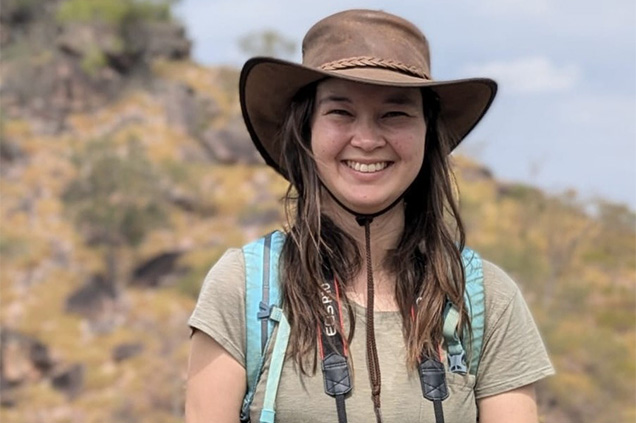
What changes are we seeing in avian sleep in response to urbanisation? Using state-of-the-art monitoring techniques, this project expects to identify environmental conditions that are necessary for sufficient sleep in native birds.
By combining field research, experimental studies and broader comparisons across species, Dr Aulsebrook will determine the capacity of different populations and species to tolerate or adapt their sleep to changing environments. The results will address knowledge gaps around animal behaviour in cities, helping to identify vulnerable populations and species, develop new strategies for pest management, and informing habitat management and urban planning.
Dr Na Kong, SEBE
Unravelling chiral recognition to improve sensing and separation efficiency – $473,464
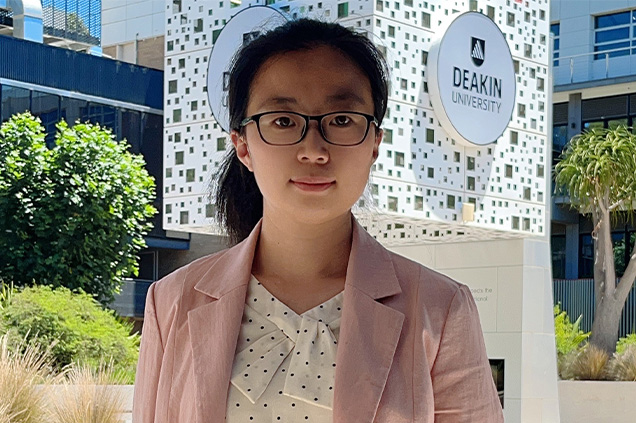
Chiral molecules, analogous to our hands, appear similar but don’t match exactly. Accurate identification of these molecules is crucial as the two different forms can have dramatically different functions – something that can mean the difference between a drug helping or harming.
Dr Kong’s project aims to deliver effective detection and separation technologies for certain chiral molecules that could improve the purity and efficacy of medicines, agriculture and food products. The project uses an integrated single-entity electrochemistry approach, investigating chiral interactions in real-time to reveal fundamental mechanisms of chiral recognition and enabling the ability to control surface chiral affinity.
Dr Lu Jiang, Institute for Frontier Materials (IFM)
Enabling Australian aluminium recycling with rapid solidification – $462,849
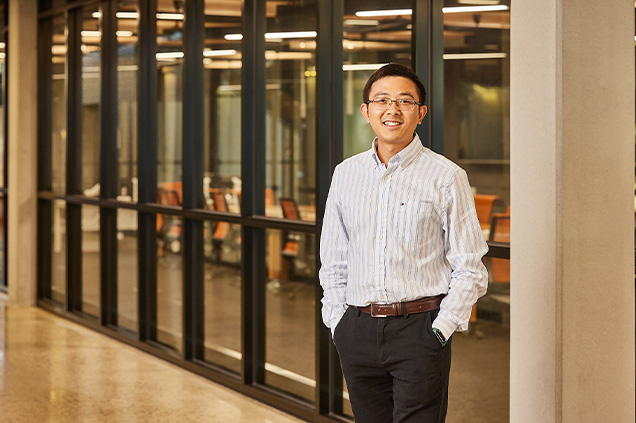
Dr Jiang’s project will investigate and assess the efficacy of rapid solidification of molten liquid metal to enable Australian recycling of high-value aluminium scrap.
Existing metal recycling processes accumulate impurities that degrade aluminium alloys, reducing the value of scrap recycling. This project will offer new understanding of how impurities affect the microstructure and properties of rapidly solidified high-performance aluminium alloys and enhancing impurity tolerance without sacrificing alloy properties.
Dr Jiang will advance metallurgical science, creating local industry opportunities for valuable resource recovery, securing alloy supplies, reducing environmental footprint and boosting the aluminium circular economy.
Dr Hung Le, Applied Artificial Intelligence Institute (A2I2)
Complex time-series system forecasting reinforced by expert knowledge – $428,331
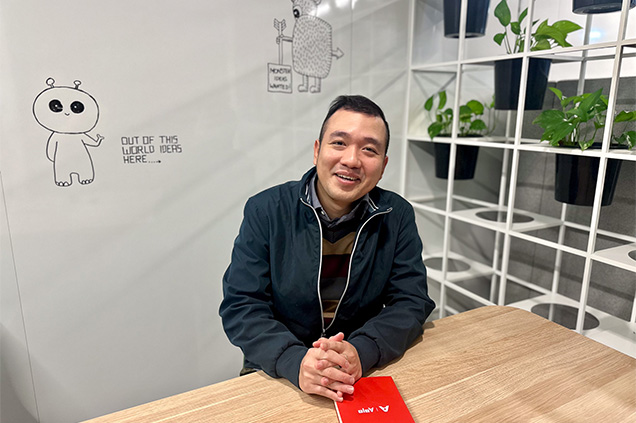
This project aims to predict complex behaviours of multiple interconnected data streams, introducing a new forecasting framework compatible with big data and domain knowledge.
Dr Le’s work will provide actionable insights for informed decision-making, fostering the development of robust forecasting models crucial for Australia’s leadership in the global AI era.
More accurate predictions in critical domains like healthcare will potentially save lives, while the project’s work in advancing time-series prediction research will contribute to economic growth, environmental benefits, improved social well-being and fostering commercial growth through innovative forecasting capabilities.
Hemant Kumar Pullabhotla, Faculty of Business and Law
Quantifying the long-term economic impacts of bushfire smoke in Australia – $472,409
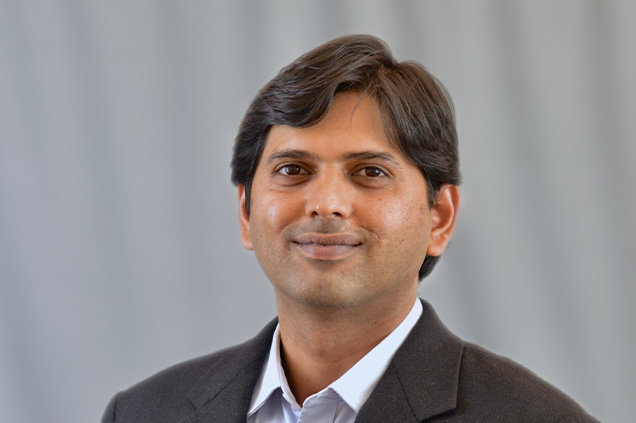
Individuals exposed to bushfire smoke suffer adverse economic outcomes due to multiple channels. To date, the data and methods available have been insufficient to evaluate long-term effects and inform an appropriate policy response.
Dr Pullabhotla’s work aims to provide a new understanding of the long-term economic cost of bushfire smoke in Australia. His project will provide a new empirical method for risk profiling of long-term smoke exposure and improve understanding of the associated economic costs, aiding government agencies, fire services, and local communities in re-evaluating bushfire management practices.
Dr Priscila Pereira Machado, Faculty of Health
Responding to the harms of ultra-processed foods in Australia – $467,691
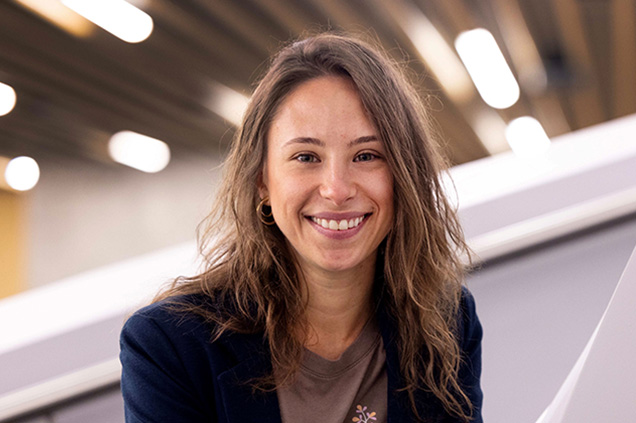
Dr Machado’s project aims to develop strategies to increase public awareness of the harms of ultra-processed foods in Australia.
Ultra-processed foods make up nearly half of Australia’s diet, with highest intakes among the youth and the most disadvantaged. Despite the surge in their intake each year, many consumers remain unaware of their detrimental effects.
This project will develop a framework to guide stakeholders in tailoring messages to reduce ultra-processed food consumption and create a novel warning label for ultra-processed food packaging to help consumers identify these foods. Dr Machado’s work will deliver significant benefits by informing strategies and policies to reduce the societal harms linked with ultra-processed foods consumption.
Dr Christina Zorbas, Faculty of Health
Collaborative Food Security Solutions among Migrant Populations – $483,005
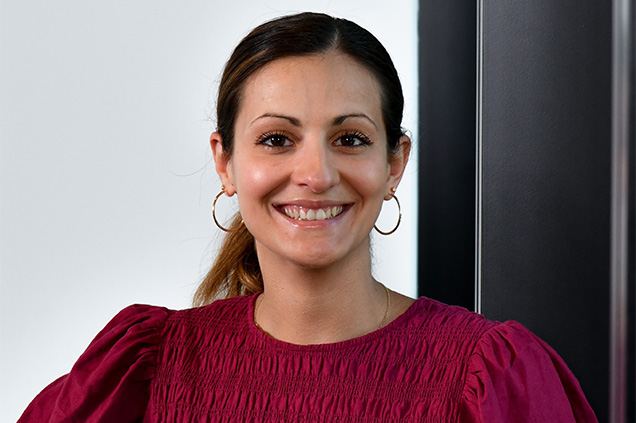
This project aims to identify policy priorities to combat food insecurity amongst Australia’s migrant and refugee communities in the current cost-of-living crisis.
Dr Zorbas will work with researchers, governments and local communities to generate new data, community engagement, and policy implementation tools on food insecurity policies. The project aims to enhance social, economic and cultural equity in Australia by accelerating policy actions to reduce food insecurity.
Dr Zorbas’ work will deliver new routine monitoring of food insecurity among migrant and refugee communities and strategies to instil community perspectives into food insecurity policy decisions.
Creative Commons Statement: The text of this article is licensed under the license. We’d love for you to share it, so feel free! Please note that images, videos, graphics and logos are not covered by the CC BY license and may not be used without permission from Deakin University or their respective copyright holder. If you have any questions please contact .
Thanks for reading! You can find more stories like this at . We ask that Deakin University and individuals are appropriately credited and that you include links back to this website. Quotes in this article can be extracted for other articles provided individuals are appropriately credited and you include a link back to the article URL.






